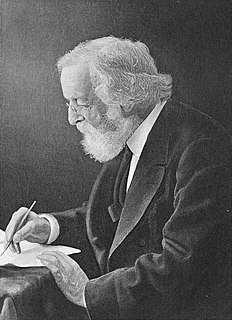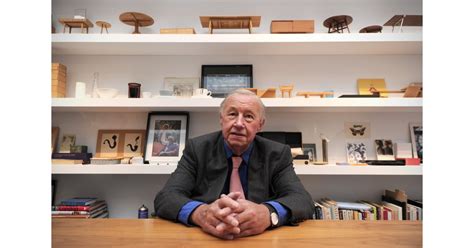A Quote by Daniel Kahneman
One thing we have lost, that we had in the past, is a sense of progress, that things are getting better. There is a sense of volatility, but not of progress.
Related Quotes
Progress, in the sense of acquisition, is something; but progress in the sense of being, is a great deal more. To grow higher, deeper, wider, as the years go on; to conquer difficulties, and acquire more and more power; to feel all one's faculties unfolding, and truth descending into the soul,--this makes life worth living.
There’s this thing called progress. But it doesn’t progress. It doesn’t go anywhere. Because as progress progresses the world can slip away. It’s progress if you can stop the world slipping away. My humble model for progress I the reclamation of land. Which is repeatedly, never-ending retrieving what it lost. A dogged and vigilant business. A dull yet valuable business. A hard, inglorious business. But you shouldn’t go mistaking the reclamation of land for the building of empires.
The modern world has far too little understanding of the art of keeping young. Its notion of progress has been to pile one thing on top of another, without caring if each thing was crushed in turn. People forgot that the human soul can enjoy a thing most when there is time to think about it and be thankful for it. And by crowding things together they lost the sense of surprise; and surprise is the secret of joy.
vivisection is not the same thing as scientific progress. There is such a thing as scientific progress. But this wholesale dedication of scientists to vivisection, which is the easy and cheap way, actually prevents them from scientific progress, for true progress is difficult and requires genius and imagination in its devoted workers.
Scientific and technological progress themselves are value-neutral. They are just very good at doing what they do. If you want to do selfish, greedy, intolerant and violent things, scientific technology will provide you with by far the most efficient way of doing so. But if you want to do good, to solve the world's problems, to progress in the best value-laden sense, once again, there is no better means to those ends than the scientific way.
We need to make sure that the laws we're passing are protecting people. And we should not be voting against something that makes progress just because it doesn't make as much progress as we'd like to see made. As much as I might like to see any number of issues progress in larger steps, I understand that some of these things happen in smaller steps. And so for that reason, progress is progress. And success is success.
If there is such a thing as philosophical progress, then why - unlike scientific progress - is it so invisible? Philosophical progress is invisible because it is incorporated into our points of view. What was torturously secured by complex argument comes widely shared intuition, so obvious that we forget its provenance.




































